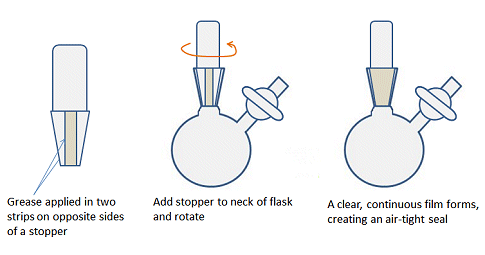Keep your chemistry experiments clean and safe with rubber stoppers.
Rubber stopper definition chemistry.
A rubber stopper is a small tapered plug used to seal the openings of test tubes flasks and other laboratory glassware.
Equipment identification 32 terms.
For added chemical resistance listed mainly by trade size available in solid one hole and two hole rubber stoppers.
Rubber tubing is often connected to a condenser which is a laboratory tool used in the process of distillation.
A test rubber stopper is used to close the tops of test tubes and flasks it s like a cork to close off narrow mouthed things like bottles test tubes and flasks except it s made of rubber and not.
Carboy stoppers crucible holders laboratory test tube stoppers masking applications micro stoppers pipe plugs tube stoppers.
A device such as a cork or plug that is inserted to close an opening.
Some lab work requires a full setup of glassware.
These sturdy plugs fit tightly into test tubes or flasks to prevent chemical leaks and spills.
Rubber stoppers are used as plugs in flasks or test tubes.
The rubber bung may be used to seal a flask because the user may require the contents.
One that causes something to stop.
Games a card or cards enabling one to prevent one s opponents from winning all the tricks in a particular suit in a hand.
Stoppers made of cork are also available for this purpose.
Chemistry lab equipment their uses 31 terms.
A laboratory rubber stopper or a rubber bung is mainly used in chemical laboratory in combination with flasks and test tube and also for fermentation in winery.
Generally in laboratory the sizes of rubber stopper can be varied up to approximately 16 sizes and each of it is specific to certain type of container.
However rubber stoppers are preferable for applications that require a tighter seal or a greater degree of chemical resistance.
Used to pick up hot objects.
Use rubber stoppers and lab grade corks to contain liquids in test tubes and flasks.
Stopper definition of stopper by the free dictionary.
Heats up reactions and samples using a gas source.
Uses vary widely some are outlined below.
In chemistry bungs made of hardened rubber are frequently used in small scale experimental set ups involving non corrosive gases some chemistry bungs may also include one or more holes so a glass tube or laboratory funnel may be inserted through the bung and into the container or another piece of apparatus.
Holds hot test tubes.

